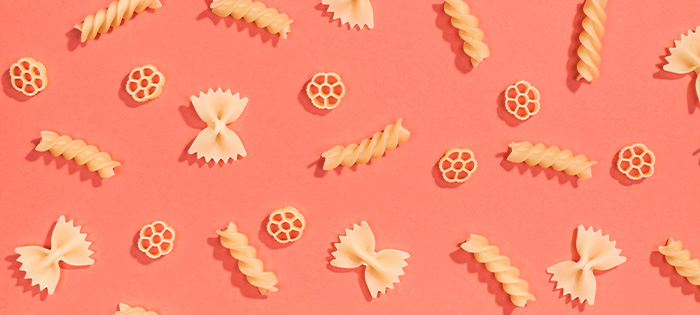Reading Time: 2 minutes“I keep my calories at an appropriate intake; however, I drink a lot of soda. Why is this bad?”
—Amberly T., University of Massachusetts, Amherst
This is a great question. Even if your caloric intake is appropriate, if soda makes up a significant proportion of your calories, then you are taking in a lot of empty calories. Empty calories come from foods and drinks that lack nutritional value.
When you have soda, you’re not getting the nutrients you could get from something else—like the calcium in milk, for example.
Nutrient deficiencies
Since soda gets all its calories from sugar, and sugar lacks vitamins and minerals, it is not a healthy choice. People who consume a lot of empty calories can end up with nutrient deficiencies. To be healthy, it is smart to consume foods and drinks that pack in the most nutrition.
Oral health
Another reason to reduce your soda consumption is to maintain good oral health. The phosphoric acid in soft drinks wears down tooth enamel. Combine this with sugar, and it’s a recipe for tooth decay and gum disease. The phosphoric acid in soda can also interfere with the body’s ability to absorb calcium. This can contribute to bone loss and osteoporosis.
Type-2 diabetes and heart disease
Studies have linked soda consumption to type-2 diabetes and heart disease. Women who drank one or more sugary beverages a day (including soda) were more likely to develop type-2 diabetes than were women who stayed away from those drinks, according to the 2004 Nurses’ Health Study at Harvard Medical School.
What if your diet is otherwise healthy and you’re at a healthy weight? This only slightly reduces the risk associated with sugary beverages, according to a 2010 study by researchers at the Harvard School of Public Health. (While these associations are interesting and can help inform our choices, it is not yet known whether other factors are involved.)
What’s the alternative?
Should you switch to sugar-free soda? There are potential risks here too. Artificial sweeteners are “safe for the general population under certain conditions of use,” according to the US Food and Drug Administration. Even so, there is evidence that these sweeteners can contribute to weight gain, type-2 diabetes, and metabolic syndrome.
Based on the evidence, the best option is to drink soda in moderation, if at all.
 |
The nutritionist
Karen Moses, director of wellness and health promotion at Arizona State University in Phoenix. |







